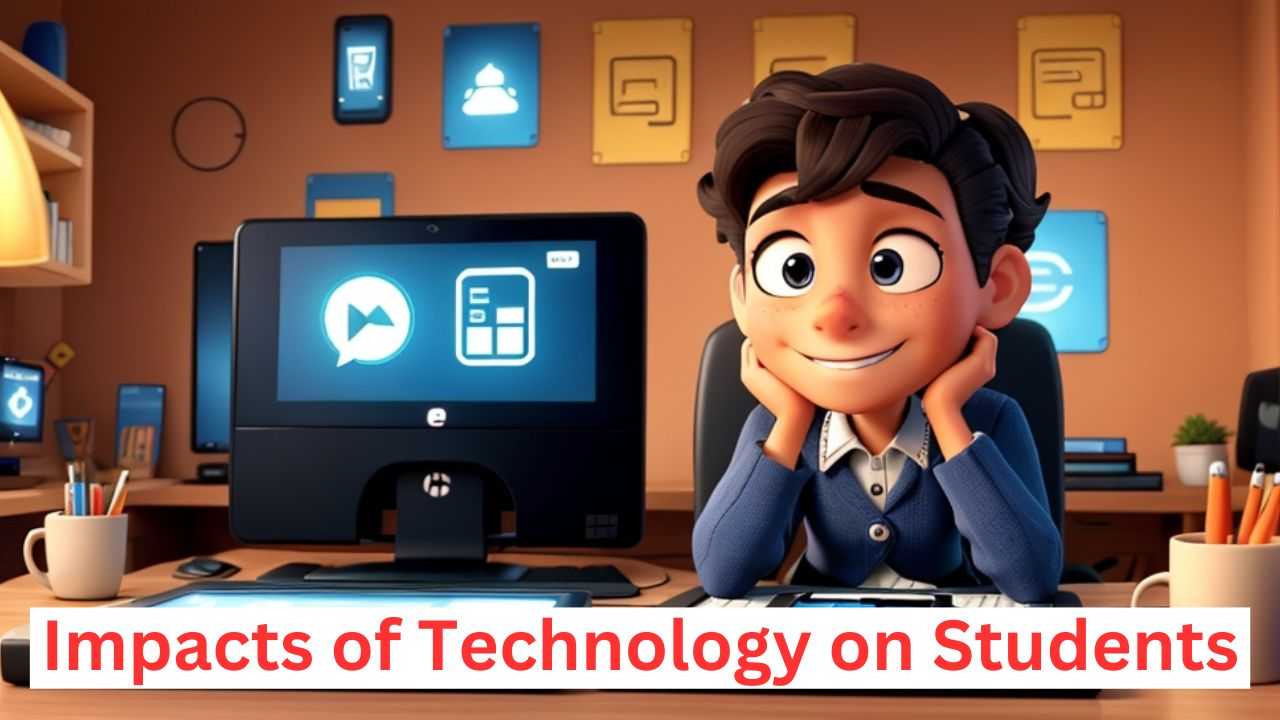Write two passages on "Impacts of Technology on Students"--one has to be fact-based and another one has to be opinion-based.
Facts
There are many different ways that technology affects kids, as numerous sources have examined. The book "The Shallows" by Nicholas Carr highlights the advantages of technology by stressing easier access to knowledge. In "Technology and Education," Chris Dede recognizes how technology may improve student collaboration by providing them with digital tools. "Teaching Machines" by Bill Ferster emphasizes the possibility of customized instruction that may adjust to each student's needs. Tony Wagner's book "The Global Achievement Gap" explores how technology helps pupils develop their global communication abilities.
Sherry Turkle's book "Reclaiming Conversation" highlights a drawback, pointing out possible problems with distraction and focus that might result from using technology excessively. In "Literacy in the Digital Age," R. W. Burniske and L. M. Monke emphasize the significance of acquiring digital literacy skills for critical assessment of online content. In "The Organized Mind," Daniel J. Levitin discusses worries on how technology may affect memory.
"The Dumbest Generation" by Mark Bauerlein examines the added pressure to perform academically brought on by digital use, while "iGen" by Jean M. Twenge addresses the possibility of social isolation. Finally, N. P. Bannister and D. F. Remenyi highlight disparities in student access to technology in "The Second Digital Divide," which highlights equity concerns. Together, these observations show how technology and the educational environment interact intricately and affect different facets of students' life.
Opinions
People have different thoughts about how technology affects students. Some say technology helps students a lot. They can control their learning and get information easily. It also lets them work together, even if they are far away. Everyone agrees that knowing how to use technology is important. It's like a necessary skill for today's world.
But, some people worry. They think technology might make students distracted or affect how they talk to others. Even though technology connects people globally, some are concerned it might reduce face-to-face time. People like the idea of personalized learning, where technology helps each student in their own way. Some say technology gets students ready for future jobs, but others worry about fairness. Not everyone has the same access to technology.
Most people agree that we need to find a balance. We should use technology in a way that helps, not hurts, learning. This balance is important for making the best use of technology in education.
Bibliography
Carr, Nicholas. "The Shallows: What the Internet Is Doing to Our Brains."
Dede, Chris. "Technology and Education: Computers, Software, and the Internet."
Ferster, Bill. "Teaching Machines: Learning from the Intersection of Education and Technology."
Wagner, Tony. "The Global Achievement Gap: Why Even Our Best Schools Don't Teach the New Survival Skills Our Children Need—and What We Can Do About It."
Turkle, Sherry. "Reclaiming Conversation: The Power of Talk in a Digital Age."
Burniske, R. W., Monke, L. M. "Literacy in the Digital Age."
Levitin, Daniel J. "The Organized Mind: Thinking Straight in the Age of Information Overload."
Bauerlein, Mark. "The Dumbest Generation: How the Digital Age Stupefies Young Americans and Jeopardizes Our Future (Or, Don't Trust Anyone Under 30)."
Twenge, Jean M. "iGen: Why Today's Super-Connected Kids Are Growing Up Less Rebellious, More Tolerant, Less Happy—and Completely Unprepared for Adulthood."
Bannister, N. P., Remenyi, D. F. "The Second Digital Divide: A Comparative Study Across Fourteen Countries Worldwide."

